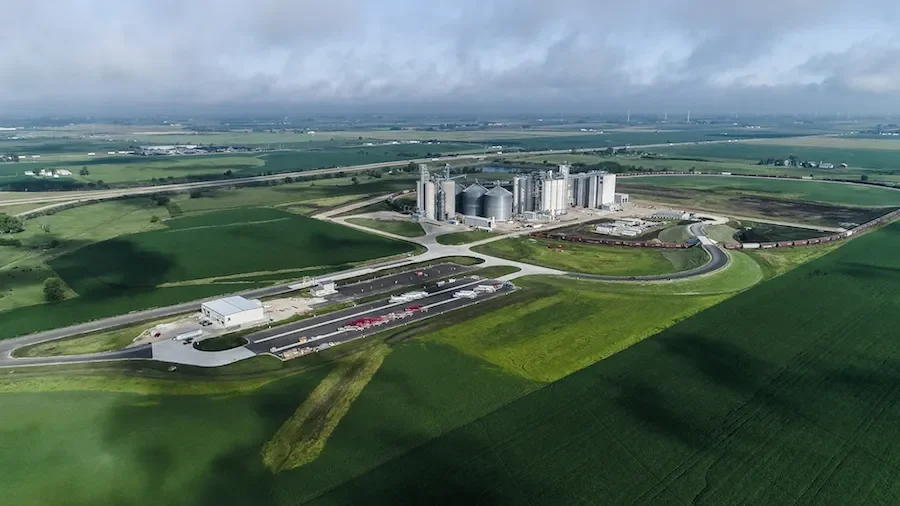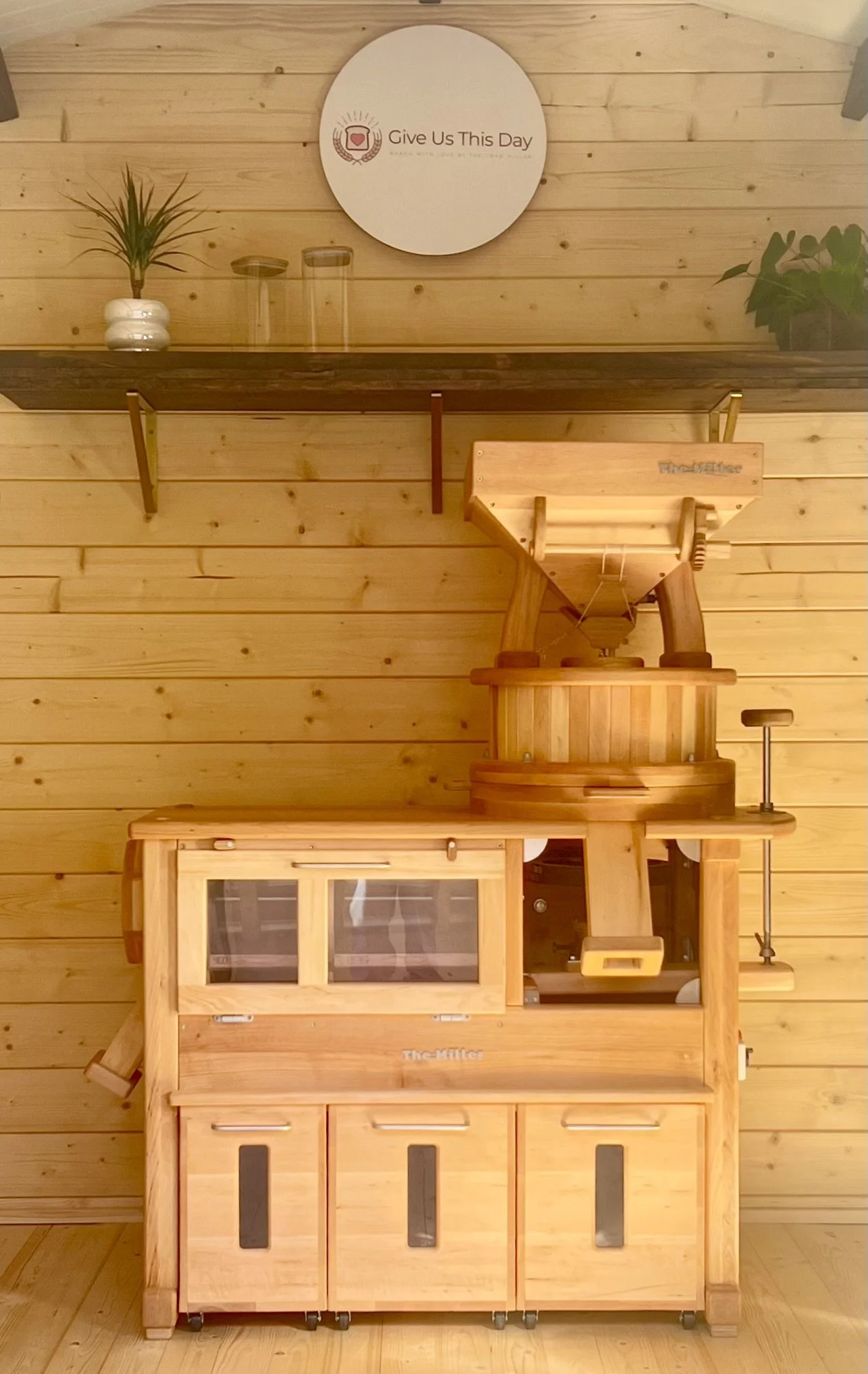The 2nd Era of
Grain Mills
The 1st Era of
Grain Mills
The 3rd Era of
Grain Mills
In the late 1900s, the introduction of steel roller mills revolutionized the process of flour making. This new technology allowed flour to be stored almost indefinitely without spoiling, but unfortunately it came at a nutritional cost. To achieve this extended shelf life, the bran and germ—the most nutritious parts of the grain—were removed, leading to significant health issues. Prior to this shift, women baked about 90% of the bread at home, but by 1930, commercial factories were producing 90% of the bread consumed w no nutritional value.
Between 1906 and 1940, millions of American people fell ill and 100,00 lost their lives due to deficiencies in essential vitamins such as B1, B3, and iron. People ate white flour in huge amounts because it was cheap and easy to get. To address this health concern in 1940, the U.S. government made a law that required all millers (the people that made flour from grain) to add important vitamins back into flour. This is why you see "enriched" flour on labels today. However, these added nutrients are synthetic and don’t fully restore the natural health benefits that the whole, ancient grains originally provided.
*Reference: https://www.ncbi.nlm.nih.gov/books/NBK208880/
Modern Day Commercial Mill
At Give Us This Day LLC, we honor tradition and health by using freshly stone-milled whole wheat flour, which retains every part of the grain to preserve its natural goodness. After many hours of research we decided to purchased the D30S Mini made in Ukraine from The Miller Company. Our Walk With Me sourdough bread is made with freshly milled grains, filtered water, levain, honey, and a pinch of salt; nothing artificial or unnecessary—providing wholesome, truly nourishing bread for your body and soul. The honey adds flavor and works as a natural preservative for the bread.
*Freshly milled grain really does matters because essentially all the nutrients disappear within 3–7 days as air and light oxidize the flour once it is milled.
Made in Ukraine
*Meet Noah my hardworking mill
*The Miller D30S Mini grinds the grain using natural granite stones, exactly like the ancient mills. Using the right granite stone size, rotational speed, while maintaining a cool temperature during milling preserves nutrients and produces the most nutrient dense whole wheat flour. You cannot find this in any store but you can down the street in Carlsbad, Ca.





